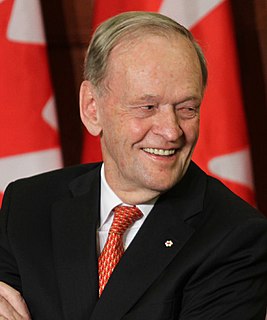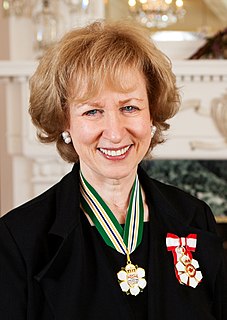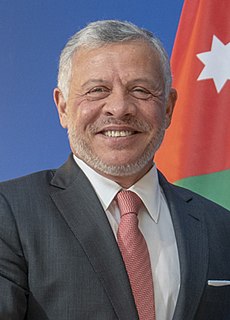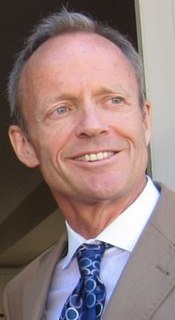A Quote by Elizabeth May
I actually find that Canadians are incredibly interested in democracy, and alarmed when they realize that the Prime Minister's Office is controlling virtually everything that goes on within the federal government.
Related Quotes
I was a very senior minister in the Howard government and I sat around this particular table [in the prime ministerial office] in many discussions. The difference between being a senior minister and the prime minister is that ultimately the buck does stop with the prime minister and in the end the prime minister has to make those critical judgement calls and that's the big difference.
I think there was something started under my father that I appreciate that it's time to end, and I like the symmetry of me being the person who actually turns the clock back so that we can have a Prime Minister's Office and, indeed, a democracy, that actually respects what voters say and is open and transparent. Because, not only does it matter to gain people's trust, but it matters for quality public policy and governance, and that's why we're committed to open and transparent government.
There are some issues where ministers should come and talk to the prime minister, if the prime minister hasn't already talked to them. Any issue which a minister thinks is going to be profoundly controversial, where we do not have a clear existing position, it is important that there be a conversation between the minister and the prime minister. I think they all understand that and I think it is working very well.
In our party, for the post of the prime minister or chief minister, there is no race, and nor does anyone stake their claim. Who will be the prime minister or chief minister, either our parliamentary board decides on this or the elected MLAs, in the case of chief minister, and MPs, in the case of the prime minister, select their leader.































